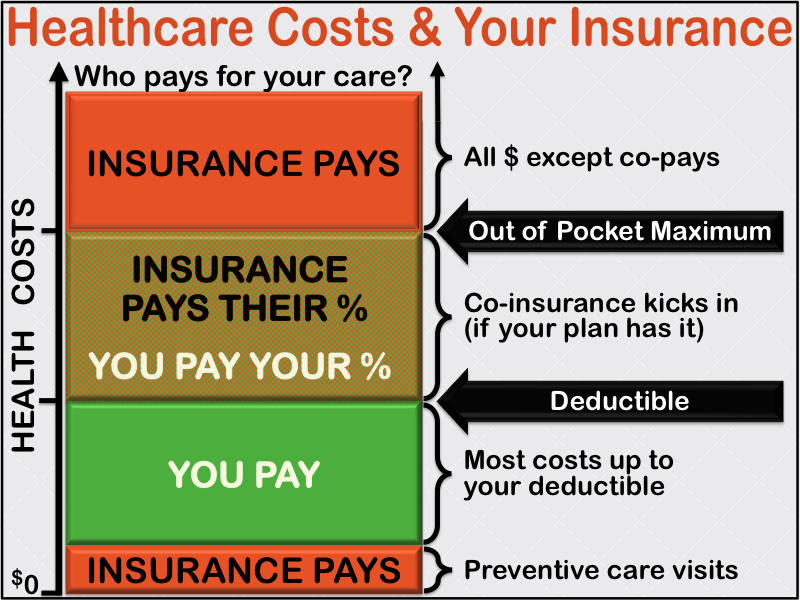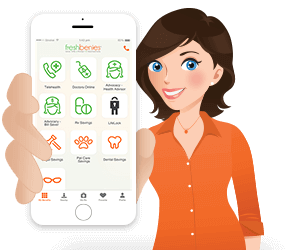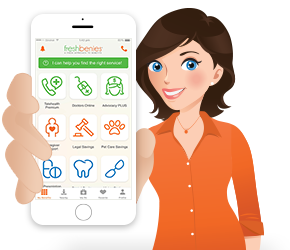SURVIVING OBAMACARE SIMPLY (SOS): 15 TERMS EXPLAINED
I used to think being a smart consumer was getting my Coach handbag on sale at the Nordstrom Rack or buying my favorite new shoes during a Friends & Family event. But, I never thought being a smart consumer also applied to how I spent my money on healthcare – that is, until I read Jim Skinner’s book Smart Money: The Simple Guide to Becoming an Educated , Empowered, Money-Saving Champion of the Healthcare You Deserve.
Like you, I’ve been buying and consuming goods like a good little American my entire life. We get it, we know all the terms, we know how a sale works, we know how to find the best deal – it’s all second nature to us because we grew up with it.
What most of us don’t understand is how to be a smart consumer with our healthcare dollars. Why? Because we didn’t grow up learning how to do it. Back in the day, insurance was cheap and we had more coverage – “I don’t know how much it is…my insurance is paying for it” was our thinking. Fast forward to present day – now we all have higher deductible plans and we’re on the hook for a lot more out of pocket expenses before our insurance begins to pay. I now see that a smart healthcare consumer is also someone who understands the healthcare system - when to shop, where to shop and how to shop for the best value.
But, we need help! So, we recently introduced a multi-post series called SOS - Surviving Obamacare SIMPLY where we explore sage advice on becoming a better healthcare consumer.
In this article, we’re making sense of all the crazy industry terms! Ready? Here we go….
The Basics
We all know basic consumer terms (sale, down payment, discount, clearance, markup, etc.), but how well do you know the basic health insurance terms and how they work? Below are the basic health insurance terms and don't miss the handy dandy chart showing how they're used.
Premium
The amount you pay monthly for your health insurance plan. The average monthly premium in the U.S. is about $450 per person.
Deductible
The amount you pay out of pocket before your insurance starts paying. For instance, I have a $2,000 deductible, so I’ll pay for most all my healthcare expenses until I’ve spent $2,000. At that point, insurance starts paying a portion of or all of my costs. As part of Obamacare, preventive care (like your annual checkup) is included in your health insurance, so it’s paid for in most plans.
Network
This is your insurance company’s approved list of doctors. They’ve negotiated lower costs with these doctors, so if you use them, you’re considered “In-Network” and your costs are lower, too.
Out–of–Network
Doctors not on your insurance company’s approved list. If you choose one of these doctors, there are no negotiated prices, so you’ll pay more.
Out-of-Pocket Maximum
This is the most you’ll pay toward your healthcare in a given year. If I have an insurance plan with an out-of-pocket maximum of $5,000, once I’ve reached that amount, the insurance company picks up 100% of the costs for the rest of the plan year (excluding co-pays).
Co-Pay
A small fee you pay each time you use a specific service – this fee doesn’t go toward meeting your deductible. For instance, some insurance plans have a $20 (or higher) co-pay for a doctor visit that isn’t preventive care (like an ear infection or a cold). This decreases an insurance company’s costs because the fee keeps people from running to the doctor with every little sniffle.
Co-Insurance
Some plans have you pay a portion of your expenses after the deductible is met. For instance, I might have a $2,000 deductible, so I’m paying 100% of the costs until I’ve spent $2,000. If my plan has 20% co-insurance, it means the insurance company picks up 80% of the costs, and I pay the other 20% (until I hit the out-of-pocket maximum amount)
Preventive care
Typically includes yearly checkups, screenings (like a mammogram) and immunizations. As a result of Obamacare, preventive care is 100% paid for under most insurance plans and doesn’t require co-pays.
EOB - Explanation of Benefits
Some would argue that an Explanation of Benefits (EOB) is neither an explanation nor a benefit. However, an EOB is a receipt that outlines your services and fees, what your insurance is paying for, what you are responsible to pay, and more. Make sure you are checking your EOB for errors and that the billing has been done accurately.

Plan Types
Choosing a healthcare plan is similar to buying a pair of jeans - there are many types of washes, cuts, fits and styles to choose from. It’s important to have an understanding of the types of healthcare plans so you know the right fit for your family. Below are some terms that will help…
Traditional Insurance Plan
A health insurance plan with higher monthly premiums and little to no deductible. This is typically better for people who have many health problems and know they’ll be using the healthcare system often.
HDHP/CDHP – High Deductible Health Plan/Consumer Directed Health Plan
A health insurance plan with lower monthly premiums and higher deductibles than a traditional health plan. Your monthly premium for these plans can be up to 50% less that traditional insurance. This is typically better for people who are healthy, don’t use and don’t plan to use the healthcare system often. A CDHP allows you to get even more value by pairing it with an HSA or Health Savings Account (see below).
HMO – Health Maintenance Organization
With an HMO plan, you are required to use one of the in-network doctors. If you don’t, your visit won’t be paid for. In addition, you must have a referral from your primary doctor to see any type of specialist. Jim’s advice: “HMO plans are not as common as they once were, and they have many rules and restrictions, so beware.”
PPO – Preferred Provider Organization
With a PPO plan, you have the option to use the list of In-Network providers. You can also use an “Out-of-Network” doctor, but your visit will cost more, so you better really like him/her.
COBRA
It’s not a snake! It stands for Consolidated Omnibus Budget Reconciliation Act, but it might be easier to think of it as a Continuation Of Benefits plan. If you were covered under a company health plan and lost your coverage due to a "qualifying event" (like being laid off), this law allows you to pay to continue coverage at the company’s pricing for a set period of time. Your ex-company’s pricing may or may not be a better deal than just buying insurance independently, so it’s always worth shopping around – especially after 2014 when Obamacare will be in full effect.
Paying the Bill
When it comes to paying at the mall you know which credit card to use – it’s the one with miles for that great vacation. It can be similar with your healthcare expenses! Below are some terms on paying and the benefit of each:
HSA - Health Savings Account
As the name suggests, a Health Savings Account (HSA) allows you to set aside pre-tax money for healthcare expenses. This is only allowed if you have a Consumer Directed Healthcare Plan (CDHP). The funds contributed to your account are not subject to federal income tax at the time of deposit. For example, I can choose to take $100 each month and set it aside into an HSA – because that $100 was taken before taxes were applied, it might have only reduced my paycheck by $80. Now, I have $1,200 to spend during the year on my healthcare needs – I’ve saved money for health stuff BEFORE I need it AND I get a tax break! If you don’t use it, it rolls over into the next year. And, if your company is providing this and you leave the company, you get to take the funds in the account with you. Think of it like a Health 401K/IRA.
FSA – Flexible Spending Account
This is very similar to an HSA, but only used by employers who fund the account and organize it for employees. The money is automatically deducted from your paycheck each month. The big difference is that you MUST use up the money in the account during the year or you’ll lose it. If you leave the company, you leave the funds in the FSA account.
To learn more about HSAs and FSAs, read our recent article, How to Give Yourself a Raise.
HRA – Health Reimbursement Arrangement
This is an account your employer provides and funds with cash. When you have an allowable out-of-pocket expense, you can file a claim to have it paid for (or “reimbursed”). For example, my employer provides a $500 HRA. When I needed to have a doctor visit for strep throat, I paid the doctor for the cost of the visit and then submitted my claim which was reimbursed. HRAs roll over from year to year, but if you leave the employer, you leave the funds in your HRA account.
Do you have questions about a term we didn’t cover? Look for it at www.smartpatientacademy.com/glossary. What other questions can we help answer?
















